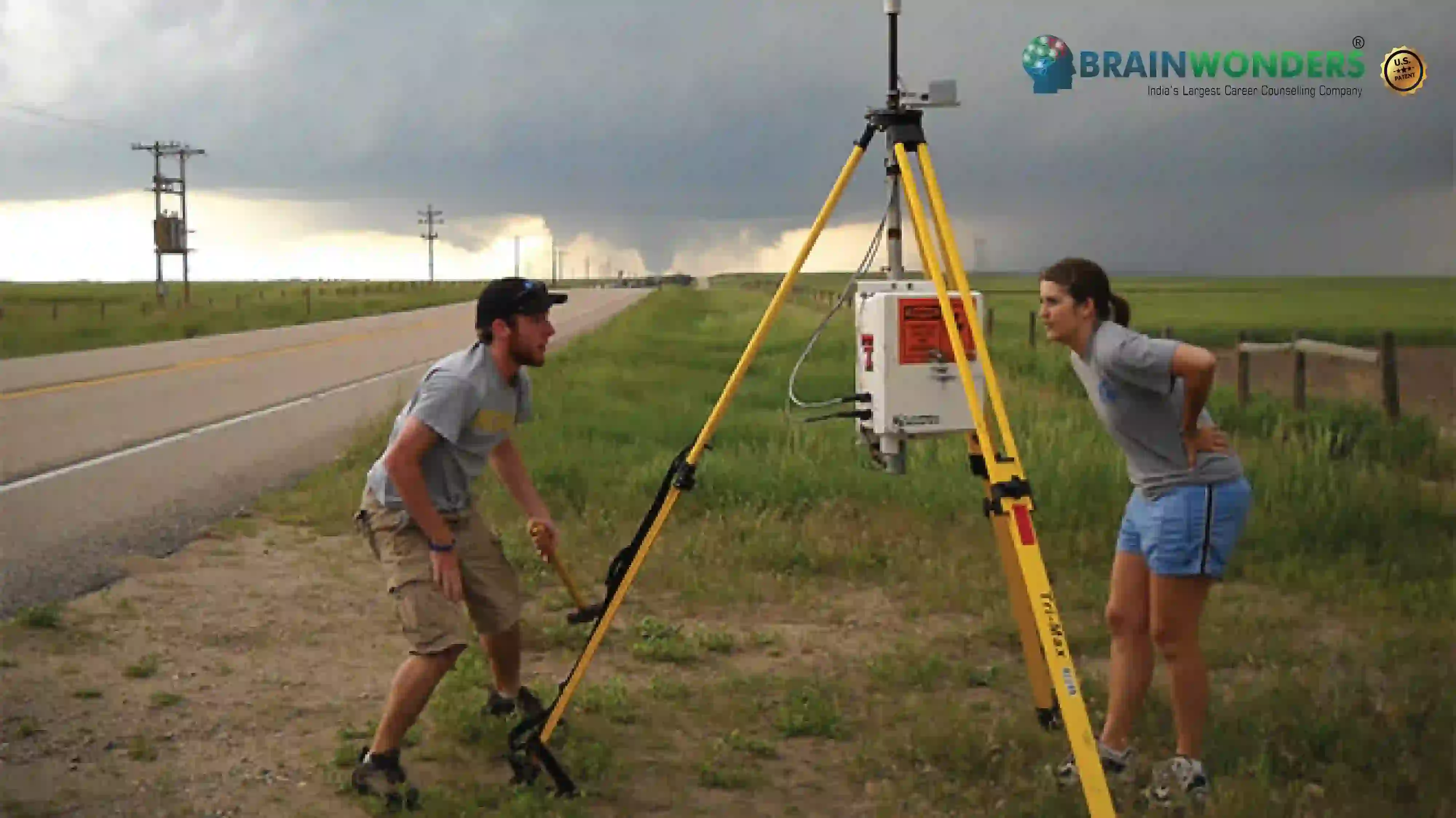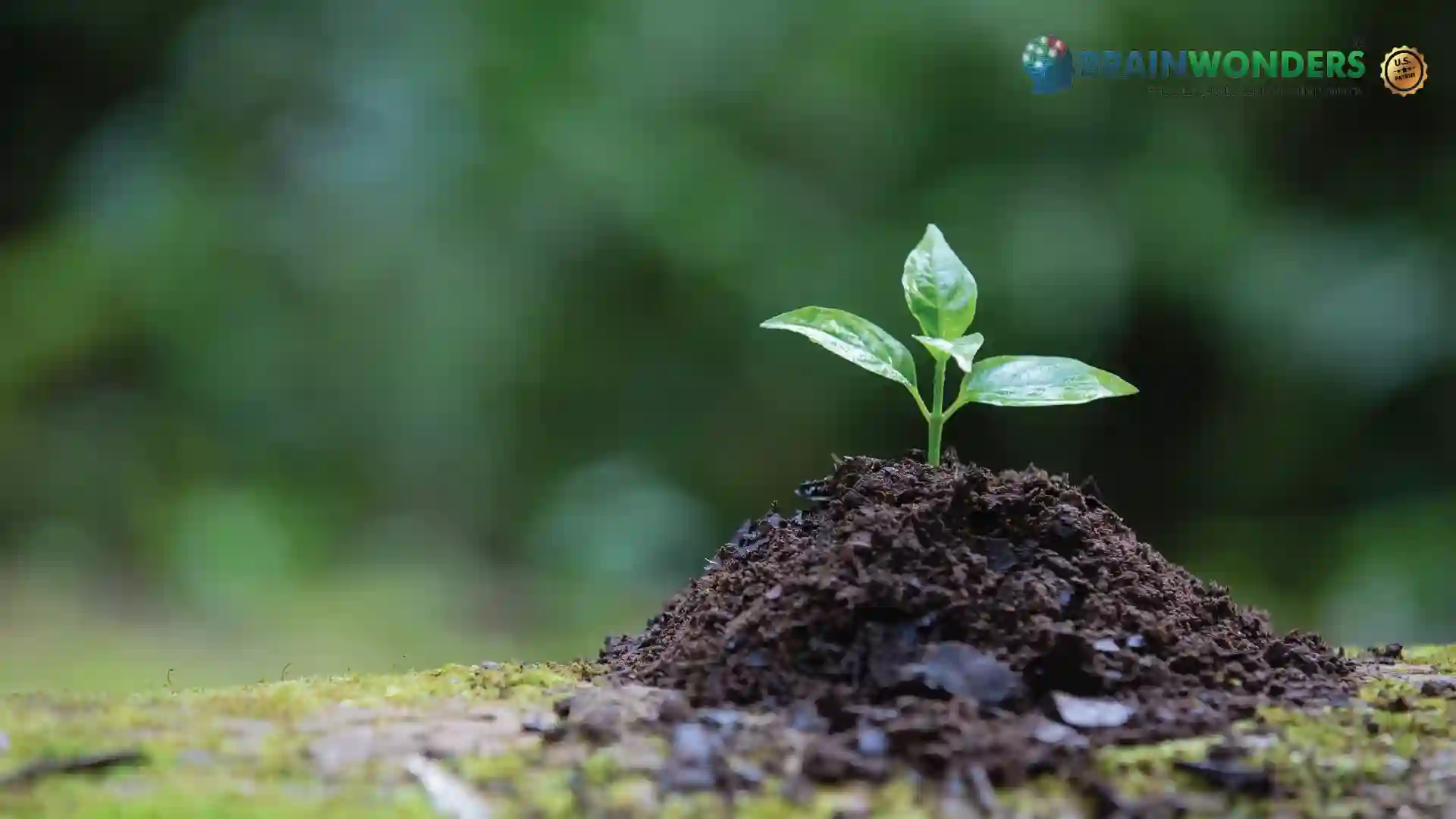How to become an Environmentalist
Overview, Courses, Exam, Colleges, Pathways, Salary

Overview
Who is Environmentalist ?
Environmentalists are those professionals who are at the forefront when it comes to working towards the preservation and protection of the environment. Using knowledge, they work to protect the environment and human health. Motivated by their concern for the environment, they identify and study the effects of substances and practices that are hazardous to the environment. These factors leading to environmental degradation include pollution, contamination of natural resources, construction, depletion, climate change etc. Their efforts are also dedicated to influencing policies and practices for the conservation of the earth and its inhabitants.
Since the environment encompasses all living things, human and non-human, it is a very wide field of study with a variety of applications in medicine, healthcare, agriculture. Simply put, they identify and assess environmental problems and develop solutions to the same. They provide recommendations to minimize the environmental impact of construction projects, manufacturing processes etc, as well as assist companies in ensuring compliance with the related regulations and policies.
Typical day at work
What does Environmentalist do?
The roles and responsibilities of an Environmentalist include:
- Identify issues and create solutions to environmental problems by collecting and analyzing data
- Prepare environmental impact assessments and risk assessments to gauge the potential impact of chemicals, constructions, or proposed policies on the environment
- Collect and present information by writing technical proposals based on research to influence policymakers
- Engage in campaigns for increasing awareness and raising funds
- Determine appropriate land use, monitor chemical or biological levels in the environment, and report hazardous locations/materials/practices
- Examine surveys and collect on-site samples to determine the extent and cause of environmental damages on food, soil, water, and air
- Conduct research to study and analyze the effects of changes in the climate and environment on human, plant, and animal life
- Enforce and monitor policy compliance to protect wildlife populations, especially those who are at risk of being endangered
- Develop and recommend solutions to address the negative impact on biological resources
- Provide recommendations to guide policy creation, expansion or procedure modification in favour of the environment, to protect the natural and cultural heritage
Abilities and Aptitude needed
What are the skills, abilities & aptitude needed to become Environmentalist?
First and foremost, an environmentalist harbors intense sensitivity and a very strong passion for environmental protection. They not only care for the environment but also for all the habitants living in it. This is one reason wherein the environmentalist needs to have far sightedness and should be concerned for not only the needs and requirements of the present generation but also for the needs of the future generations in a futuristic vision as well. They need to be excellent at verbal and written communication as much of their job responsibilities shall require impeccable communication skills.
This profession calls for an investigative, logical, persevering individual who is skilled at time management, planning, and project management. Curiosity, creativity, and a scientific approach are other necessary elements for the job. They need to be able to work for long hours in strenuous working conditions as a part of the job. It is an interdisciplinary and dynamic approach owing to the wide general knowledge regarding the environment and its related policies are necessary to do justice to their role as an environmentalist. To find feasible, effective ways of resolving or preventing environmental problems.
Pathways
How to become an Environmentalist?
Entrance Exam
Entrance Exam for Environmentalist ?
For some courses the student may also take an entrance test. Some of them are:
- Certificate course in Environmental Pollution Control Technology
- B.Sc in Environmental science
- Bachelor of Environmental Management
- B.E in Environmental Science
Courses
Which course I can pursue?
Best Colleges
Which are the best colleges to attend to become an Environmentalist?
Industries
Which Industries are open for Environmentalist?
- Government Sectors
- Pharmaceutical firms
- Hospitals
- Laboratories
- Food production firms
- Chemical manufacturers
- Fertilizer manufacturers
- Educational institutes
internship
Are there internships available for Environmentalist?
Take the opportunity to work with experienced scientist as they continue to learn about their specialties or develop a broader understanding of related areas of research. It will allow you to have a practical learning and will also give you contacts for future reference.
Career outlook
What does the future look like for Environmentalist?
As Ecosystems continue to be disrupted by climate change, pollution, deforestation, pursuing a career focused on protecting the environment is of increasingly greater importance now. For a career as an Environmentalist, formal educational qualifications need to be supplemented with practical exposure on the job. Such experience can supplement their knowledge, skills, and expertise, earning them career advancements over time, as management and research positions. They can be employed under the central, state or local government agencies as well as in private institutions to check the environmental impact of their practices and adherence to regulatory laws.
Other opportunities can be found in charitable trusts, environmental consultancies, and nature conservation organizations. Those who are more inclined towards advocacy can join non-profit organizations that push for greener policies. These professionals can also be engaged in policy-making, planning, and management which calls for more research-oriented, desk jobs. Environmentalists also find work as educators or professors, being involved in environmental education and research.





